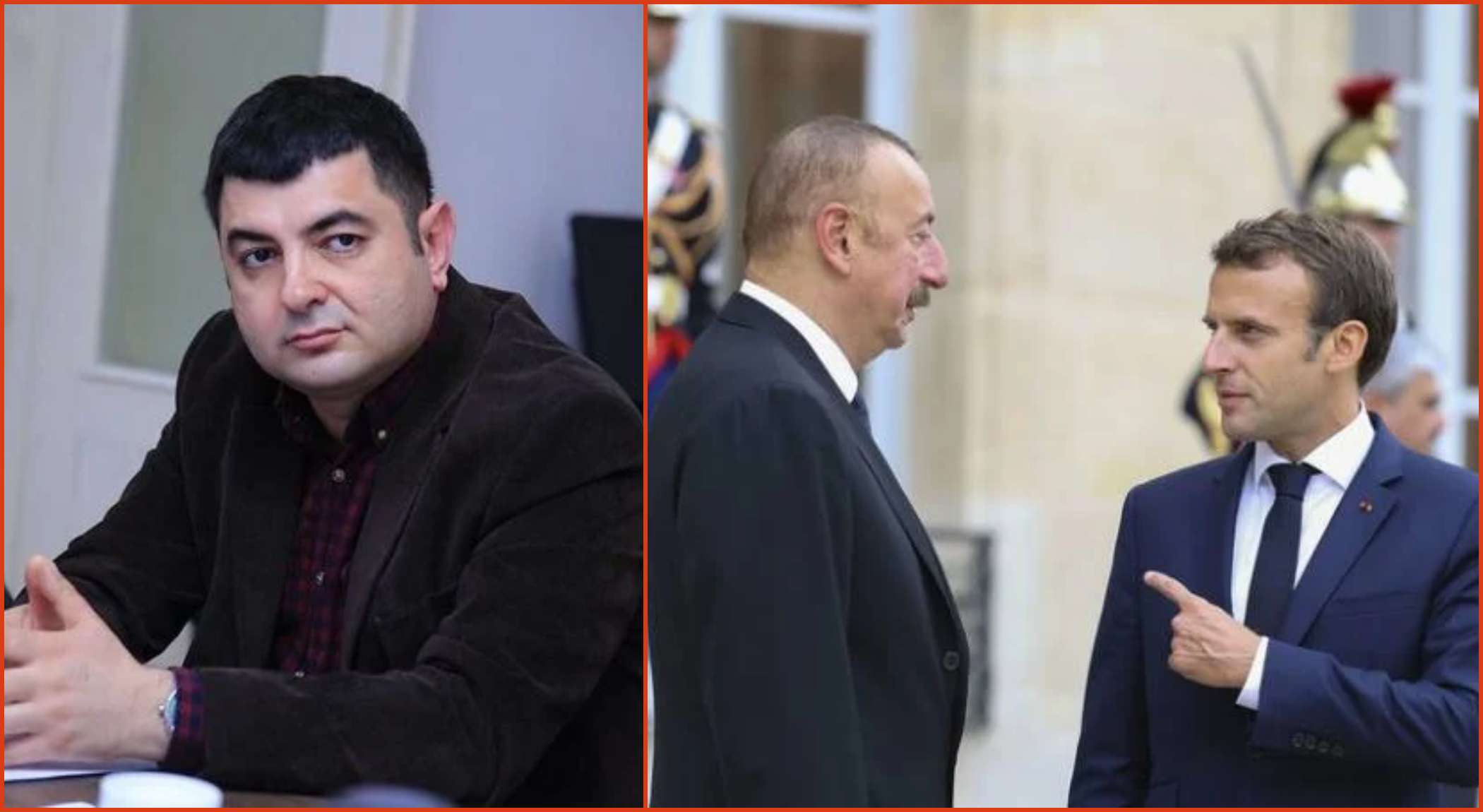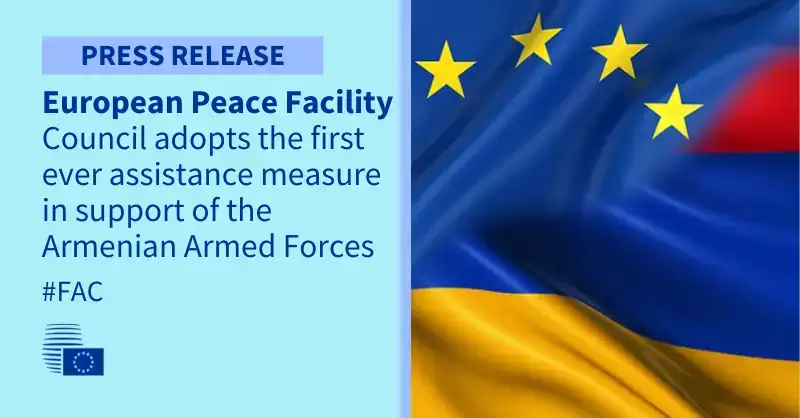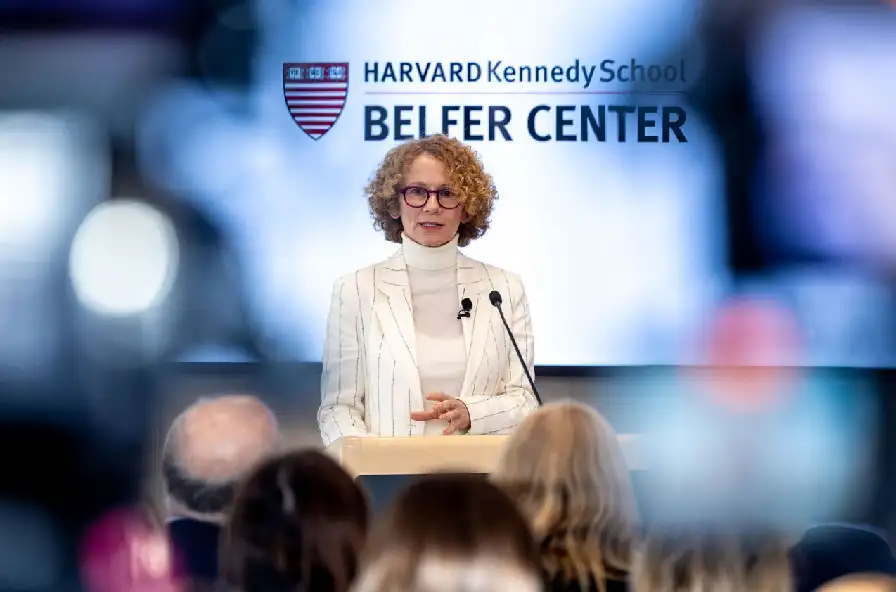Radar Armenia's interlocutor is political scientist Davit Stepanyan.
- The French Foreign Ministry has stated that the resolutions of the French Parliament chambers calling for sanctions against Azerbaijan do not reflect the official line of Paris. What do you think this means?
- This indicates that Paris has different work systems, just like the Kremlin. And yes, there is no doubt that French President Macron unequivocally protects the interests of Armenia and the Armenian people. But we must say differently about different lobbying companies operating in France. Among them are those working during Sarkozy's administration, which still has quite a wide range of opportunities. It should be understood that France has quite severe economic relations with Azerbaijan. So, there is an excellent field of work for RA here. If we want the French government to follow the resolutions adopted by the French senate, we must try to combine our policy with the policy of France. There are severe interests here, and for them to pass into the background, we should make proposals to France, trying to find common interests with those extreme political forces, who, as I mentioned, have ties with Azerbaijan.
- In the context of the settlement of Armenian-Azerbaijani relations, what effect can these resolutions have if Azerbaijan already considers France biased?
- In any case, the two resolutions of the French senate have a significant role in settlement of Armenian-Azerbaijani relations. First, they create a severe institutional base, considering France's level and weight in international relations. And it is a deep foundation for Armenia if Armenia wants to advance another line of negotiations, which will be different from today's line, which will be aimed at the recognition of the NKR. Just so you know, this issue is addressed in both resolutions, and serious grounds are created for it. As for the accusations of the Azerbaijani side, Azerbaijan won't be able to react otherwise. Today, Baku needs to gain the skills to remove France as a mediator from the process. France has a mandate from the OSCE Minsk Group. The exact order that the USA and Russia have. And not Azerbaijan can or should decide to deprive France of that mandate. It is a different matter that France can leave the role of mediator today if it is agreed with the EU leadership. And in that case, the EU will take the place of France.
- Does the statement of the French Foreign Ministry aim to show that Azerbaijan made a mistake and thus ensure its presence in the negotiations?
- I don't think that France's statement today has that goal. Also, they are not very concerned about the opinions and positions coming from Azerbaijan. And I repeat, it is not Azerbaijan that decides whether France will play a role in the negotiations. These decisions are made at a higher level, first under negotiations with the EU and then with the USA.
- USA and Russia continue the competition for moderation. France is not far behind, either. Which country's moderation is beneficial for Armenia?
- The struggle between the USA and Russia is not ongoing, but recently it has only intensified. In this struggle, France stands from the position of the USA. By and large, the battle is between the Russian Federation and the collective West. The moderation of the West is preferable for Armenia. The reasons are straightforward. During the last ten years, Russia has become a party to the conflict. What Azerbaijan accuses France of today, it can easily accuse Russia of the same thing. It will not do such a thing for a simple reason because the Russian Federation is a party to the conflict and takes the position of Azerbaijan and Turkey, as they have common interests. You don't need to find anti-Armenianism or other motivation here. These interests coincide both in the "Zangezur Corridor" and in general policy issues in the regional domain. And based on these realities, if we choose between the West and the Russian Federation, we should prefer the West because our interests demand it. Let me repeat: our interests objectively do not align with the interests of the Russian Federation. And this was also reflected during the tripartite meeting in Sochi.
Hayk Magoyan




















